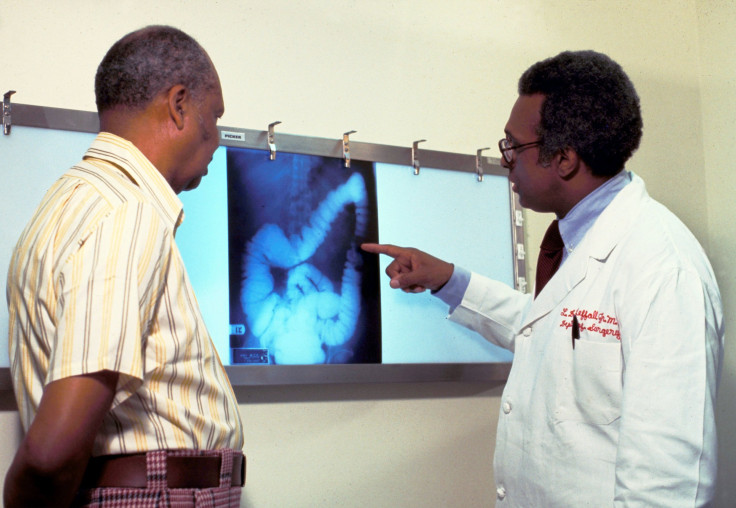Handheld Pen Can Detect Cancer In 10 Seconds

Scientists have created a pen that has the ability to detect cancerous tissues in roughly 10 seconds. Researchers from the University of Texas at Austin claim it can identify cancer more than 150 times faster than existing technology.
The MasSpec pen quickly identifies the molecular profile of tissues, a method for testing cancer tumor and studying the genetic characteristics, using a small water droplet — 10 microliters — and mass spectrometry analysis. Three seconds of physical contact with the pen-like device on the tissue's surface will transport the water droplet into a mass spectrometer. This helps to determine diagnostic proteins, metabolites and lipids.
Small molecules, thereafter, will migrate into the water droplet. The device will reportedly extract and analyze its findings rapidly to detect the molecular fingerprint of cancer. University of Texas researchers describe it as a "gentle chemical process," which also won't cause damages to the examined tissues.
The MasSpec pen is also easy for physicians to use. The doctor will only be required to simply hold the pen-like device against a patient’s tissue, which will launch an analysis by way of a foot pedal.
The MasSpec pen was evaluated in a study called "Nondestructive Tissue Analysis for Ex Vivo and in Vivo Cancer Diagnosis Using a Handheld Mass Spectrometry System," which was published in the journal Science Translational Medicine. In the study, the scientists examined 253 people and 20 human cancer thin tissue sections. The study's results determined that the MasSpec could be used by doctors as a clinical and intraoperative technology to diagnose cancer.
Livia S. Eberlin, a chemistry professor at the University of Texas, helped lead a team of scientists and engineers to develop the MasSpec pen. The MasSpec pen can decipher between healthy and unhealthy tissues with more than 96 percent accuracy. The team hopes for the pen to be tested in surgeries next year, at the earliest.
"If you talk to cancer patients after surgery, one of the first things many will say is 'I hope the surgeon got all the cancer out,'" Eberlin said in a news release Wednesday. "It's just heartbreaking when that's not the case. But our technology could vastly improve the odds that surgeons really do remove every last trace of cancer during surgery."
The procedure doesn't require much from patients. Unlike other cancer screenings, the patients won't have to endure pain or wait days to learn of their results.
"When designing the MasSpec Pen, we made sure the tissue remains intact by coming into contact only with water and the plastic tip of the MasSpec Pen during the procedure," Jialing Zhang, a research associate who helped lead the experiment, said in a news release Wednesday. "The result is a biocompatible and automated medical device that we are so excited to translate to the clinic very soon."
Screenings for breast cancer, among other cancer tests, are often known to be painful. A study published by National Center for Biotechnology Information (NCBI) examined women's pain during mammograms. Approximately 72.9 percent of women claimed to have experienced mild to severe pain.
However, the study participants said it wouldn't deter them from partaking in future screenings. A device like MasSpec could change the course of the cancer screening experience for both patients and physicians.
Follow me on Twitter @dory_jackson
© Copyright IBTimes 2025. All rights reserved.




















